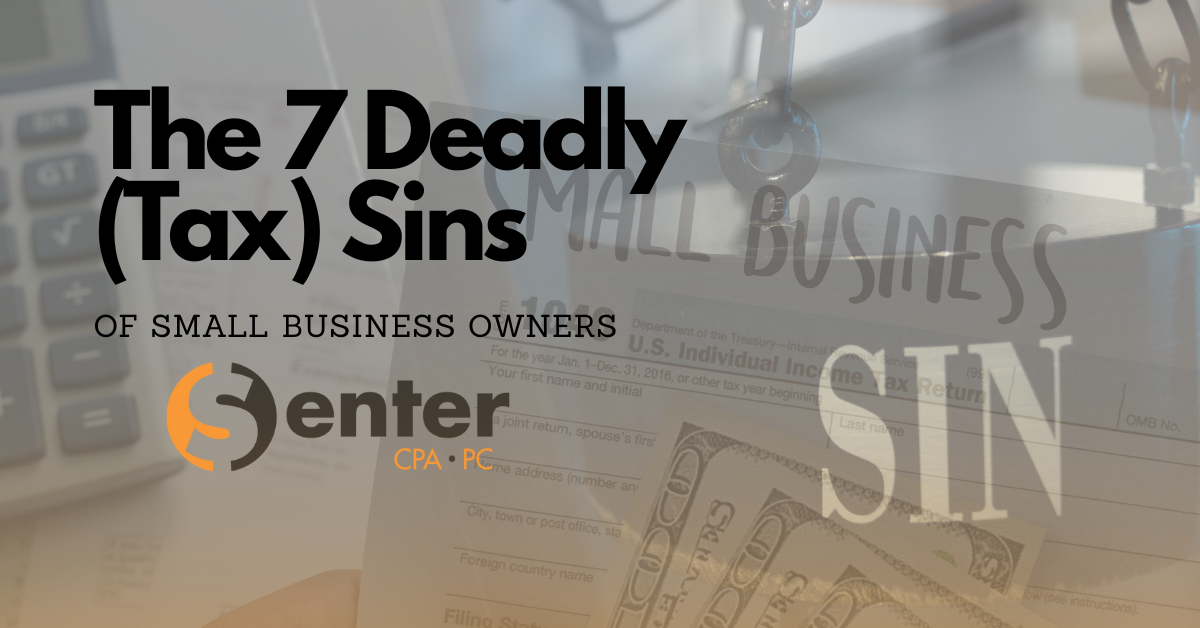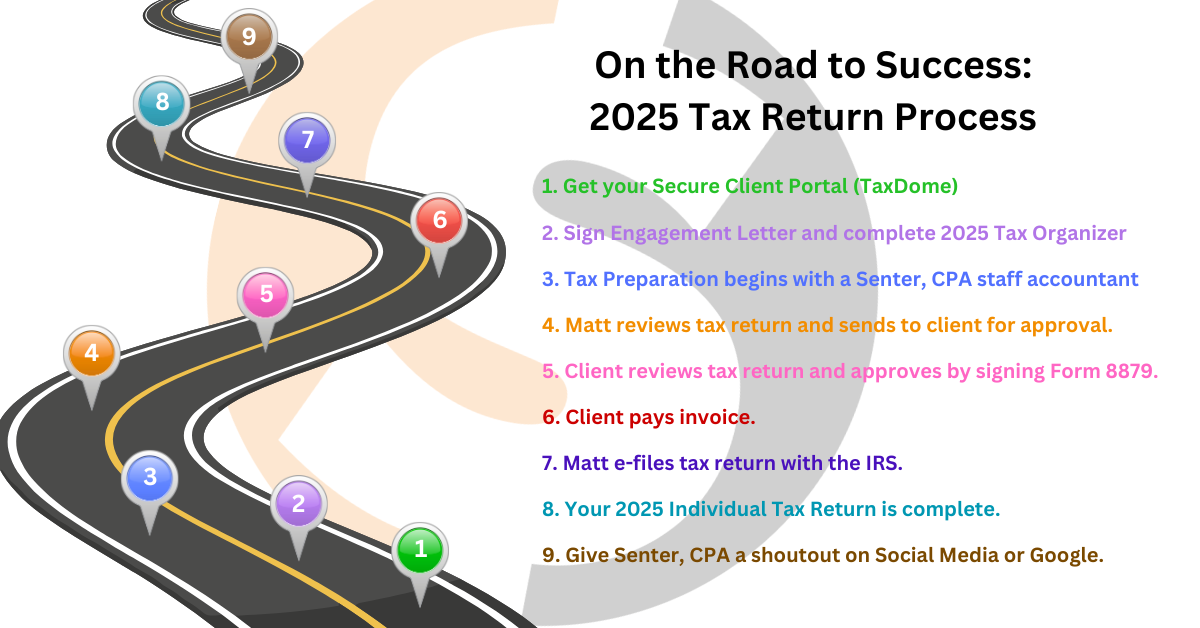Should You Consider a Qualified Charitable Distribution (QCD) From Your IRA? Pros and Cons for 2025
If you’re age 70½ or older and have a traditional IRA, you may have heard about Qualified Charitable Distributions (QCDs) as a way to support your favorite charities while potentially reducing your tax bill. With recent changes in the law, including new options for split-interest entities and inflation adjustments to QCD limits, it’s a good time to review the benefits and drawbacks of this strategy.
What Is a QCD?
A QCD is a direct transfer of funds from your IRA to a qualified charity. The amount transferred is excluded from your taxable income, up to an annual limit ($108,000 per person for 2025, indexed for inflation). QCDs can count toward your required minimum distribution (RMD) if you are subject to RMDs (now starting at age 73 or 75, depending on your birth year), but you can start making QCDs as early as age 70½.
Pros of QCDs
1. Reduce Taxable Income
QCDs are not included in your adjusted gross income (AGI), unlike regular IRA withdrawals. This can help lower your overall tax liability, and may reduce the taxation of Social Security benefits and Medicare premium surcharges.
2. Satisfy RMDs
If you are required to take RMDs, QCDs can count toward your annual RMD amount, helping you avoid the 25% excise tax on missed RMDs.
3. No Need to Itemize
You receive the tax benefit of a QCD even if you take the standard deduction and do not itemize charitable contributions.
4. Avoid AGI-Based Limitations
Because QCDs are excluded from income, they do not affect AGI-based phaseouts or limitations on other deductions and credits.
5. New Options for Split-Interest Entities
As of 2023, you can make a one-time QCD (up to $54,000 in 2025, indexed for inflation) to certain split-interest entities, such as charitable remainder trusts or charitable gift annuities, provided specific requirements are met.
Cons of QCDs
1. No Charitable Deduction
You cannot claim a charitable deduction for a QCD. The benefit is the exclusion from income, not a deduction.
2. Strict Requirements
· The QCD must be a direct transfer from the IRA custodian to the charity. If you withdraw the funds first, the distribution is taxable and does not qualify as a QCD.
· Only IRAs are eligible; employer plans like 401(k)s do not qualify unless rolled over to an IRA first.
· The recipient must be a qualified charity. Donor-advised funds, private foundations, and supporting organizations are not eligible.
3. Age Restrictions
You must be at least 70½ at the time of the distribution, not just turning 70½ during the year.
4. Annual Limits
The total QCD limit is $108,000 per person in 2025. Married couples can each make QCDs from their own IRAs, but the limit applies per individual.
5. Special Rules for Split-Interest Entities
The new one-time QCD to a split-interest entity (such as a charitable remainder trust or charitable gift annuity) is limited to $54,000 (2025), and the entity must be funded exclusively by QCDs. Only the IRA owner and/or spouse can be income beneficiaries, and the payout must be at least 5% per year. Payments to the beneficiary are fully taxable as ordinary income, with no capital gain or tax-free return of principal.
6. No “Double Dipping”
If you made deductible IRA contributions after age 70½, your QCD exclusion may be reduced by the amount of those contributions.
7. Reporting and Documentation
You must ensure the charity provides a proper acknowledgment, and you must report the QCD correctly on your tax return. The IRA custodian will issue a Form 1099-R, but there is no special code for QCDs; you must inform your tax preparer.
Is a QCD Right for You?
QCDs can be a powerful tool for charitably inclined IRA owners, especially those who do not itemize deductions or who want to reduce their taxable income. However, the rules are strict, and the benefits depend on your individual tax situation. The new split-interest entity
option may appeal to those seeking lifetime income and a charitable legacy, but the dollar limits and administrative complexity may make it less attractive for some.
Before making a QCD, consult with your tax advisor or financial planner to ensure it fits your goals and that you comply with all requirements.
If you have questions about QCDs or want to discuss whether this strategy is right for you, contact Senter CPA. We’re here to help you make the most of your charitable giving and retirement planning.














